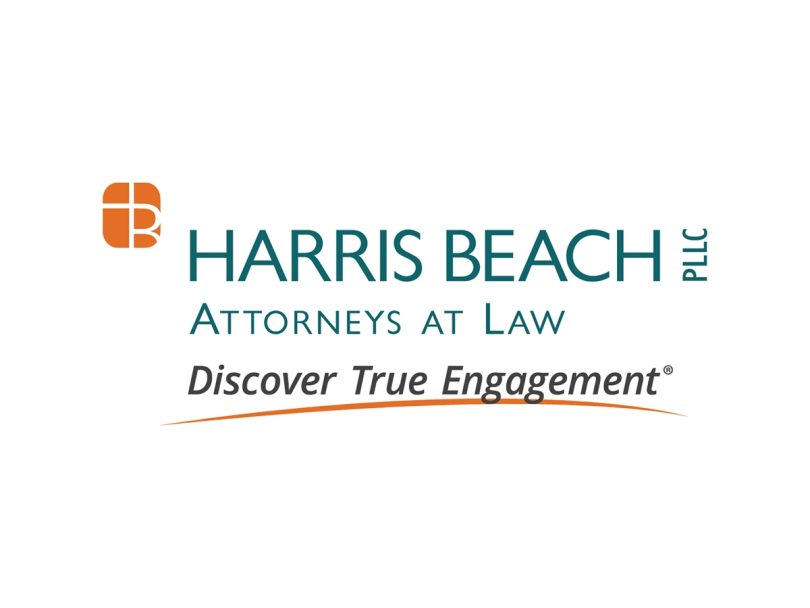Part of the challenge for municipal bond issuers in determining their obligations under Blue Sky laws lies in properly characterizing the nature of the underlying securities. What if, for instance, municipal bonds include real estate, mortgages, leases or other property? Does that suggest the investments are stakes in commercial enterprises rather than municipal bonds?
As we resume our series on state Blue Sky laws, we discuss New York’s special requirements for municipal bonds that consist wholly or in part of real estate interests.
Under New York law, it is illegal and prohibited to make a public offering in or from the State of “securities constituted of participation interests or investments in real estate, mortgages, leases, including stocks, bonds, debentures, evidences of indebtedness, limited partnership interests or other security or securities…when such securities consist primarily of participation interests or investments in one or more real estate ventures” — except when, prior to the offering:
- The issuer files an offering statement or prospectus containing the information required by the statute; and
- The offering is exempted under the exclusion set forth in the statute or by rule or action of the attorney general.
Through experience and conversations with staff, we believe there are three situations where this provision of New York law would apply to municipal bonds:
- (1) The bond issue is secured by an interest in real estate such as a mortgage whether in favor of a bond trustee or pledged to a bond trustee; or
- (2) More than 50% of the proceeds of the bond issue will be used to acquire land or an interest in real estate; or
- (3) More than 50% of the revenues that are the source of payment are derived from rental income, notwithstanding whether the underlying lease is pledged to the payment of the bonds.
Historically, issuers could preserve their exemptions from registration through the filing a Policy Statement 103 Application. The application form requires information such as the name, address and legal nature of the issuer and the purpose of the offering. The application also requires a Notice of Appearance signed by the lawyer who prepared the Policy Statement 103 Application and a check to cover the filing fee.
Some issuers file the Application prior to the bond closing, in which case a copy of the preliminary offering document is included, followed by two copies of the final offering document to be filed within 10 days of the closing. Since the Application is granted as of right so long as the final offering document is filed within 10 days of the bond closing (and at the discretion of the attorney general if filed thereafter), and there is no requirement that a preliminary offering document be filed, we recommend simply filing the Application within 10 days of the bond closing and only file the final offering document.
The wrinkle now is that since the pandemic, New York has temporarily decided to suspend the acceptance of Policy 103 Exemption Applications. In the interim, the State is indicating it will not take enforcement action on failures to file. Some people have chosen to file them anyway, but are not always receiving an acknowledgement from the State that it has received the Application. As a result, even those people may have to refile when the window opens.
If and when the state begins accepting these filings again, issuers that have not filed will have 90 days to file the Exemption Affidavit to preserve the exemption.
As we’ve seen in this and previous posts, Blue Sky laws do not have the clarity their name implies.
[ad_2]
Source link








